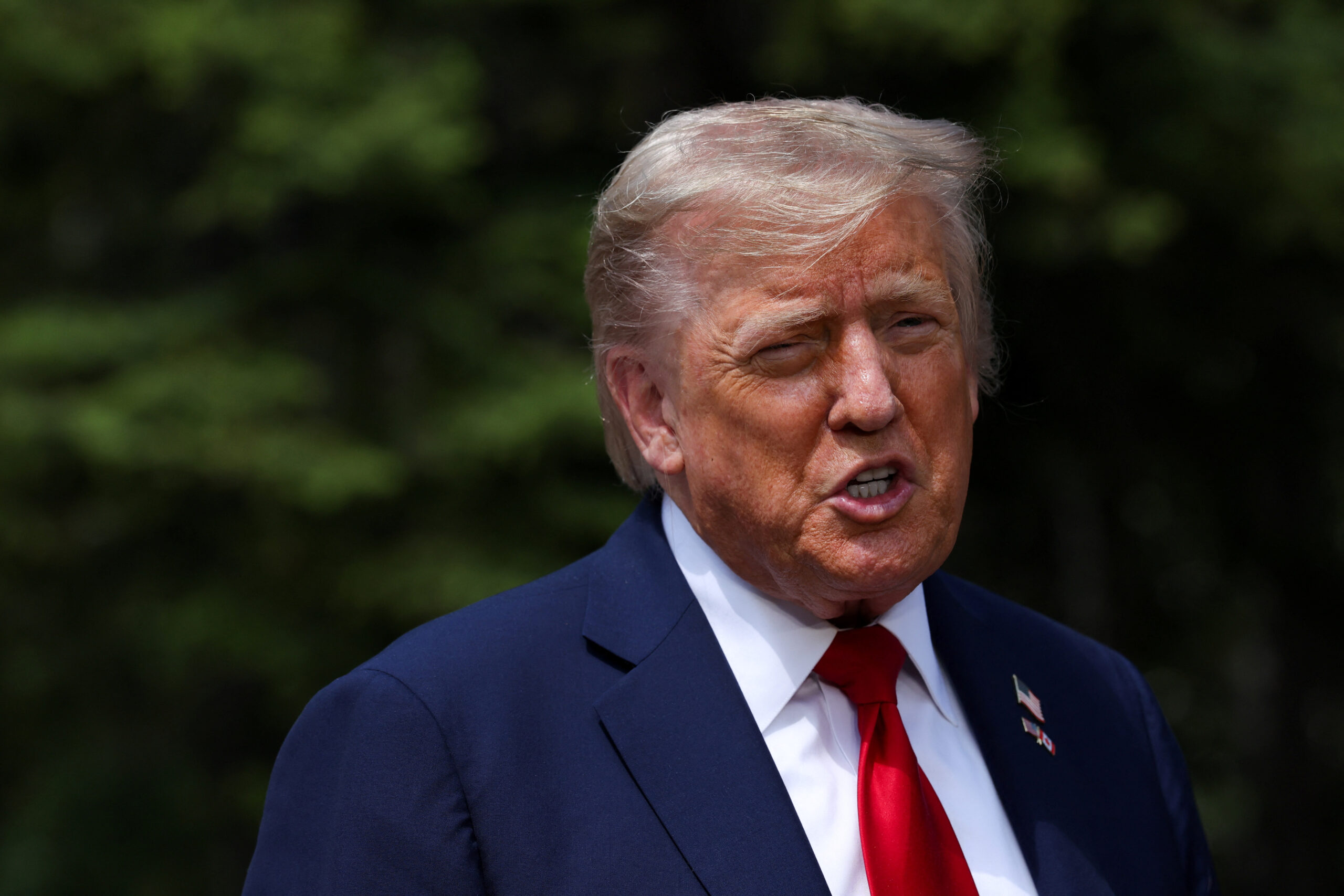Donald Trump expressed intentions to revoke the citizenship of comedian and activist Rosie O’Donnell in a post on Truth Social. On August 5, 2023, Trump stated he is giving “serious consideration” to this action, alleging that O’Donnell is not in the best interests of the United States. He described her as a “threat to humanity” and suggested that she should remain in Ireland, where she moved earlier this year.
O’Donnell has been a vocal critic of Trump for years and recently highlighted her decision to relocate her family to Ireland. In a TikTok video, she stated, “When it is safe for all citizens to have equal rights there in America, that’s when we will consider coming back.” Her continued criticism of Trump includes remarks about his handling of national issues, particularly following severe weather events.
Earlier this week, she accused Trump of endangering the country through his “horrible decisions,” specifically referencing cuts to the National Weather Service, which she linked to the deaths from flash floods in Texas. “These are the results that we are going to see on a daily basis,” she remarked.
Legal experts have weighed in on Trump’s claim about citizenship revocation. Many argue that the president lacks the authority to unilaterally revoke citizenship. Trump’s previous attempts to end the practice of “birthright” citizenship through executive orders have faced legal challenges. Recently, a judge blocked one of his efforts, underscoring the complexities surrounding citizenship rights in the United States.
As this situation unfolds, O’Donnell’s outspoken views and Trump’s controversial statements continue to draw significant public attention. O’Donnell’s relocation and her ongoing critiques of the Trump administration reflect broader societal debates about equality and governance in the United States. In a political climate marked by polarization, such statements and actions resonate deeply with both supporters and detractors of the former president.
The ongoing dialogue around citizenship and rights raises important questions about the limits of presidential power and the implications of public discourse on social media platforms. As discussions about these issues evolve, they may have lasting impacts on the political landscape and civil rights in America.
